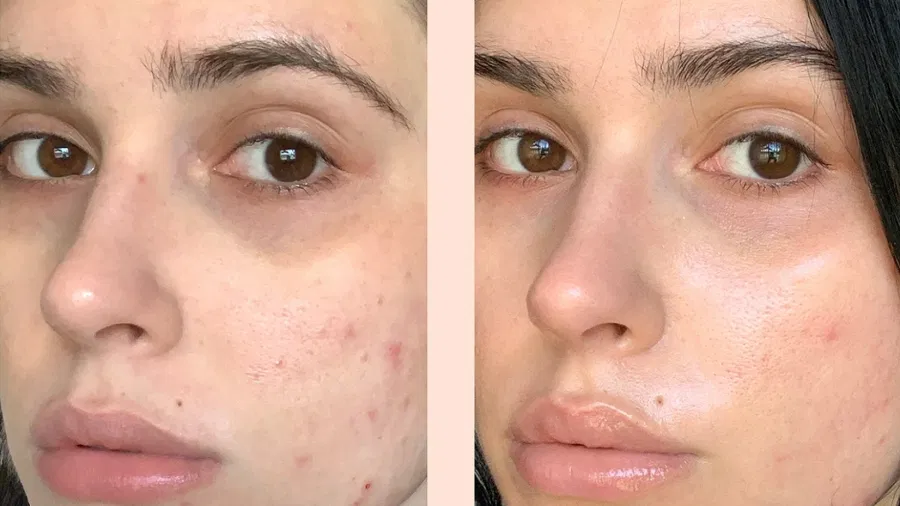What Is Retinol And What Can It Do For My Skin?
Retinol, available in many forms, is a topically-applied derivative of vitamin A. So, it’s simply an ingredient found in many wrinkle creams, it’s not a “brand” or anything like that. We’re not going to get too technical here, but your skin takes retinol and turns it into retinoic acid, which is responsible for the many great things it does for your skin. The stronger, prescription version is called retinoid and was approved by the FDA back in 1971 as an acne treatment. https://www.brandsreviews.com/best-retinol-cream/nourishmax-reviews
After awhile of using it for acne, dermatologists started noticing that their patients not only cleared up their acne, but also had brighter, softer, smoother skin with less wrinkles. So a whole new use for retinoids was born; as an anti aging super ingredient! And while you can still get prescription retinoids today, most people now prefer the milder, better-tolerated version that scientists developed called retinol (which is available without a prescription).
So now that you know a little bit about retinol, you’re probably wondering why it’s so great and why everyone loves it so much?
The answer is simple. Decades of clinical studies have shown that retinol does more for skin than just about any other skincare ingredient on the planet.
Who Should Use A Retinol Cream?
The quick answer is “everybody.” Just about all skin types can benefit from using a retinol spiked product but it’s best suited for anyone who has normal to oily skin that isn’t overly sensitive. Anyone with acne prone skin will also greatly benefit from using it. While retinol can cause irritation (more on that later), the key is finding the right percentage and frequency of use that is best suitable for your skin.
What Age Should I Start Using Retinol?
When it comes to anti-aging, prevention is half the battle- so don’t want until you start to see lines and dark spots to do something about it.The general rule of thumb is to start incorporating retinols into your routine around the mid to late 20s.
How to Use
‘A good kick-off plan is to start slowly, every other night, using a pea-sized amount if you’re a first-timer doing this at home. Build up to nightly use after a couple of weeks, as tolerance improves.
‘If you’re nervous (a lot of people are!) it can be helpful to start a retinoid under a physician’s guidance so that you have a structured plan and someone to check things with, as the first 6 weeks can be a bit up and down, especially if you have acne. But in the long run, the effort is usually worthwhile.

“Subtly charming coffee scholar. General zombie junkie. Introvert. Alcohol nerd. Travel lover. Twitter specialist. Freelance student.”








More Stories
GSO student group explores country and people in Great Britain // East Hesse|News
Primary Residence USA: Harry has officially returned to Great Britain
Bushfires: Australia calls for tens of thousands to evacuate due to wildfires